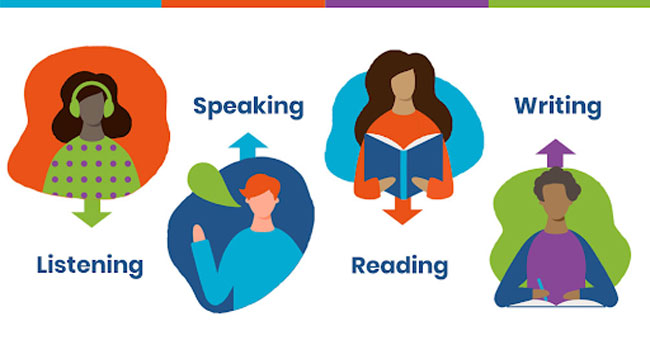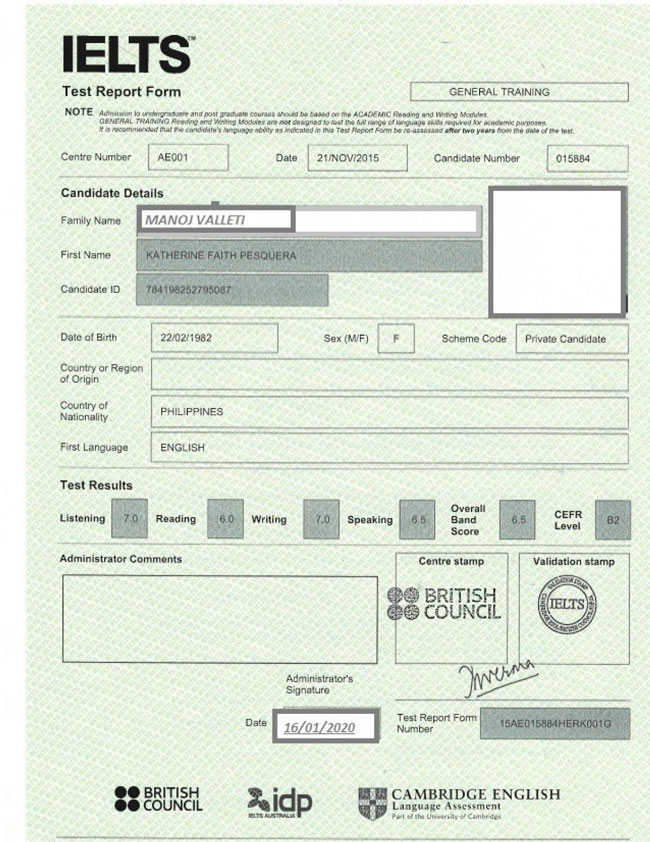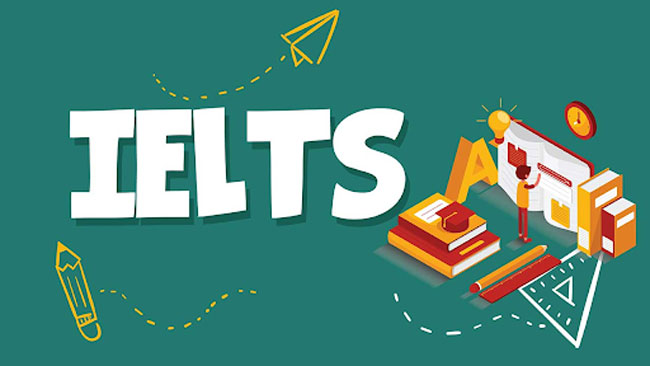Are you planning to study abroad, work globally, or migrate to an English-speaking country? If so, you have likely encountered the term IELTS. But what is IELTS exactly, and why is it the gold standard for English proficiency? Whether you are a complete beginner or looking to improve your score, this comprehensive guide by IELTS-Testpro will walk you through the test formats, band scores, and essential tips to help you conquer your goals.
I. What is IELTS?
IELTS stands for the International English Language Testing System. It has emerged as one of the most popular English language proficiency tests globally for higher education and global migration.
At IELTS-Testpro, we understand that for many students, IELTS is not just an exam; it is a key to opening doors to the world. The test assesses all four language skills needed for both educational and professional purposes:
To achieve a high score in the IELTS exam, candidates need to cultivate a wide range of vocabulary across different topics and maintain a solid grammar foundation.

Depending on your goals, you will need to choose the appropriate version of the test:
- IELTS Academic: Measures English language proficiency for an academic environment (universities, research).
- IELTS General Training: Measures English language proficiency in a practical, everyday context (work, immigration).
>> Read more: IELTS Academic and General
Let’s see the the IELTS Score Scale
The IELTS system uses a unique scoring scale from 0 to 9. Understanding this scale is crucial for setting your study goals with IELTS-Testpro.
| Band score | Skill level | Description |
| 9 | Expert user | The test taker has fully operational command of the language. Their use of English is appropriate, accurate and fluent, and shows complete understanding. |
| 8 | Very good user | The test taker has fully operational command of the language with only occasional unsystematic inaccuracies and inappropriate usage. They may misunderstand some things in unfamiliar situations. They handle complex and detailed argumentation well.
|
| 7 | Good user | The test taker has operational command of the language, though with occasional inaccuracies, inappropriate usage and misunderstandings in some situations. They generally handle complex language well and understand detailed reasoning.
|
| 6 | Competent user | The test taker has an effective command of the language despite some inaccuracies, inappropriate usage and misunderstandings. They can use and understand fairly complex language, particularly in familiar situations.
|
| 5 | Modest user | The test taker has a partial command of the language and copes with overall meaning in most situations, although they are likely to make many mistakes. They should be able to handle basic communication in their own field.
|
| 4 | Limited user | The test taker’s basic competence is limited to familiar situations. They frequently show problems in understanding and expression. They are not able to use complex language.
|
| 3 | Extremely limited user | The test taker conveys and understands only general meaning in very familiar situations. There are frequent breakdowns in communication. |
| 2 | Intermittent user | The test taker has great difficulty understanding spoken and written English.
|
| 1 | Non-user | The test taker has no ability to use the language except a few isolated words. |
| 0 | Did not attempt the test | The test taker did not answer the questions. |
(Source: https://www.ielts.org/)
II. What is IELTS certificate?
After completing the IELTS exam, you will receive a Test Report Form (TRF), commonly known as the IELTS Certificate.
Validity: The certificate is valid for two years. This validity period ensures that the test accurately reflects your current English level. Institutions and employers rely on this timeframe to assess whether your skills are suitable for the position or course you are applying for.
The scores correspond to the Common European Framework of Reference (CEFR), making it easier for organizations worldwide to understand your proficiency level immediately.

>>> See more: IELTS Beginners
III. Why Is IELTS Important?
Having an IELTS certificate at your disposal is a significant advantage in many aspects of life. Here is why millions of people choose to practice with IELTS-Testpro every year to ace this test:

1. Certify Your English Skills Globally
IELTS requires a rigorous learning and training process. Achieving a high score proves not only your language ability but also your dedication. It serves as global evidence that you can communicate effectively in an English-speaking environment.
2. Expand Study Abroad Horizons
In this day and age, most universities, colleges, and high schools in leading education systems—such as the US, UK, Singapore, Canada, and Australia—require IELTS as a mandatory entrance standard. Moreover, a high IELTS score (typically 6.5+) helps you hunt for countless valuable scholarships, reducing the financial burden of studying overseas.
3. Enhance Career Opportunities
An IELTS certificate is a powerful addition to your Resume or CV. It gives you a competitive edge over candidates without English qualifications. With a verified English level, you can confidently negotiate higher salaries and apply for dream positions in multinational corporations. IELTS-Testpro has helped many professionals transition into global careers by mastering the General Training module.
4. Facilitate Immigration
If your goal is to immigrate to countries like Canada, Australia, or New Zealand, IELTS is often a mandatory part of the visa application process. It demonstrates your ability to integrate into the community and workplace seamlessly.
Conclusion
Understanding what is IELTS is the first step toward your global dreams. With the immense benefits it brings for education, career, and migration, starting your preparation early is essential.
Let IELTS online test be the companion on the way to accomplishing your goal. Install the app and practice now!
